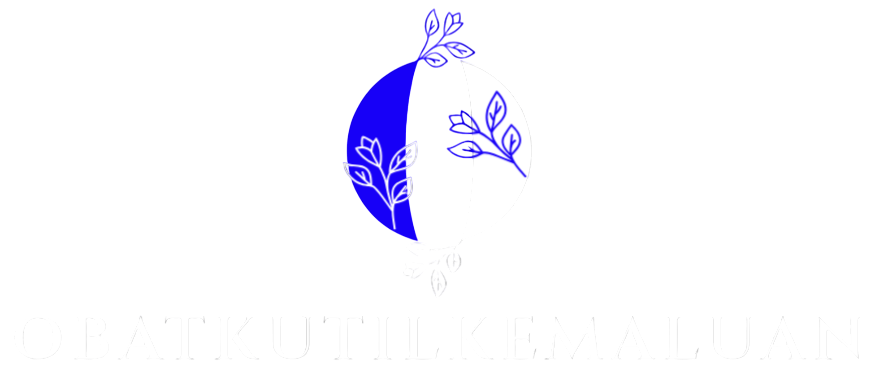Effective Google Ads Agency Strategies for Conversion

In the realm of digital marketing, Google Ads remains a powerhouse for driving conversions and achieving marketing objectives. However, running successful Google Ads campaigns requires more than just setting up ads—it demands strategic planning, continuous optimization, and a deep understanding of your target audience. In this guide, we’ll explore effective strategies employed by Google ads agency to maximize conversions for their clients.
- Comprehensive Keyword Research:
Strategy: Conduct thorough keyword research to identify relevant search terms and phrases with high conversion potential.
Execution: Utilize keyword research tools and analyze competitor campaigns to uncover valuable keywords that align with client offerings.
- Compelling Ad Copy and Ad Extensions:
Strategy: Craft compelling ad copy that resonates with the target audience and highlights unique selling points.
Execution: Test different ad variations, incorporate relevant ad extensions (such as sitelinks, callouts, and structured snippets), and use ad customizers for dynamic content.
- Granular Ad Group Structure:
Strategy: Organize ad groups with a granular approach, focusing on specific products, services, or themes.
Execution: Segment campaigns into tightly themed ad groups, aligning keywords, ad copy, and landing pages to improve ad relevance and Quality Score.

- Data-Driven Bidding Strategies:
Strategy: Implement data-driven bidding strategies, such as Target CPA (Cost-Per-Acquisition) or Target ROAS (Return on Ad Spend), to maximize conversions within specified budget constraints.
Execution: Utilize conversion tracking and attribution models to optimize bids for keywords and audiences that drive the highest conversions.
- Audience Targeting and Remarketing:
Strategy: Utilize audience targeting to reach specific demographics, interests, and behaviors that are likely to convert.
Execution: Implement remarketing campaigns to re-engage website visitors who have shown interest but have not converted, using tailored messaging and incentives.
- Landing Page Optimization:
Strategy: Optimize landing pages for relevance, clarity, and conversion optimization.
Execution: Conduct A/B testing of landing page elements (such as headlines, call-to-action buttons, and form fields) to identify the most effective variations that drive conversions.
- Ad Schedule and Device Targeting:
Strategy: Adjust ad scheduling and device targeting based on performance data and user behavior patterns.
Execution: Analyze conversion trends by day of the week and time of day, and optimize bids accordingly. Also, optimize campaigns for different devices (desktops, mobile, tablets) based on conversion rates.
Conclusion:
Effective Google Ads agency employ a combination of strategic planning, data-driven optimization, and continuous testing to maximize conversions for their clients. By implementing comprehensive keyword research, compelling ad copy, granular campaign structures, and targeted audience strategies, these agencies create campaigns that resonate with their target audience and drive meaningful results. With a focus on continuous monitoring, optimization, and conversion tracking, Google Ads agencies can achieve exceptional conversion rates and deliver significant value to their clients.






